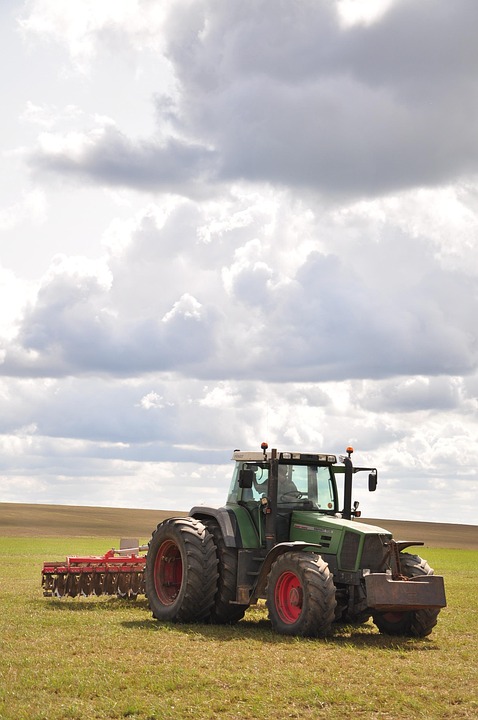Introduction
Smart tractors equipped with GPS and AI technology are revolutionizing the agricultural industry by boosting precision farming practices. These advanced machines are capable of autonomously navigating fields, optimizing planting and harvesting processes, and significantly increasing efficiency and productivity for farmers. In this report, we will explore the impact of smart tractors on the agricultural sector, their financial implications, and the key players in the industry.
Financial Data
The market for smart tractors is rapidly growing, with a projected CAGR of 10.8% from 2021 to 2026. This growth is driven by the increasing adoption of precision farming techniques and the need for more sustainable and efficient agricultural practices. In 2020, the global market for smart tractors was valued at $1.2 billion, and it is expected to reach $2.5 billion by 2026.
Industry Insights
Smart tractors are equipped with a range of advanced technologies, including GPS, AI, sensors, and robotics. These technologies enable the tractors to autonomously navigate fields, adjust planting and harvesting operations based on real-time data, and optimize the use of inputs such as seeds, fertilizers, and pesticides. As a result, farmers can achieve higher yields, reduce costs, and minimize environmental impact.
Key Players
Several companies are leading the development and production of smart tractors, including John Deere, CNH Industrial, AGCO Corporation, and Kubota Corporation. John Deere, in particular, is a pioneer in the field of precision agriculture and has been integrating advanced technologies into its tractors for decades. CNH Industrial, AGCO Corporation, and Kubota Corporation are also investing heavily in the development of smart tractors to meet the growing demand for precision farming solutions.
Benefits of Smart Tractors
Smart tractors offer a wide range of benefits for farmers, including:
1. Increased Efficiency: Smart tractors can autonomously perform tasks such as planting, spraying, and harvesting, reducing the need for manual labor and increasing overall efficiency.
2. Precision Farming: By leveraging GPS and AI technology, smart tractors can optimize planting patterns, apply inputs more precisely, and monitor crop health in real-time, leading to higher yields and reduced waste.
3. Cost Savings: Smart tractors can help farmers reduce input costs by optimizing the use of seeds, fertilizers, and pesticides, as well as minimizing fuel consumption and labor expenses.
4. Environmental Sustainability: By enabling farmers to adopt more sustainable farming practices, smart tractors can help reduce the environmental impact of agriculture, such as soil erosion, water pollution, and greenhouse gas emissions.
Challenges and Considerations
While smart tractors offer significant benefits, there are also challenges and considerations that farmers need to take into account:
1. Cost: Smart tractors can be expensive to purchase and maintain, which may be a barrier for small and medium-sized farmers.
2. Data Security: As smart tractors collect and transmit large amounts of data, there are concerns about data security and privacy that need to be addressed.
3. Skills and Training: Farmers need to be trained in the use of smart tractors and other advanced technologies to fully leverage their capabilities.
4. Connectivity: Smart tractors rely on a stable internet connection for real-time data transmission, which may be a challenge in remote or rural areas.
Conclusion
Smart tractors with GPS and AI technology are transforming the agricultural industry by boosting precision farming practices and enabling farmers to achieve higher yields, reduce costs, and minimize environmental impact. While there are challenges and considerations to be addressed, the benefits of smart tractors far outweigh the drawbacks. As the market for smart tractors continues to grow, it is essential for farmers to stay informed about the latest advancements in technology and adopt best practices for integrating smart tractors into their operations.




